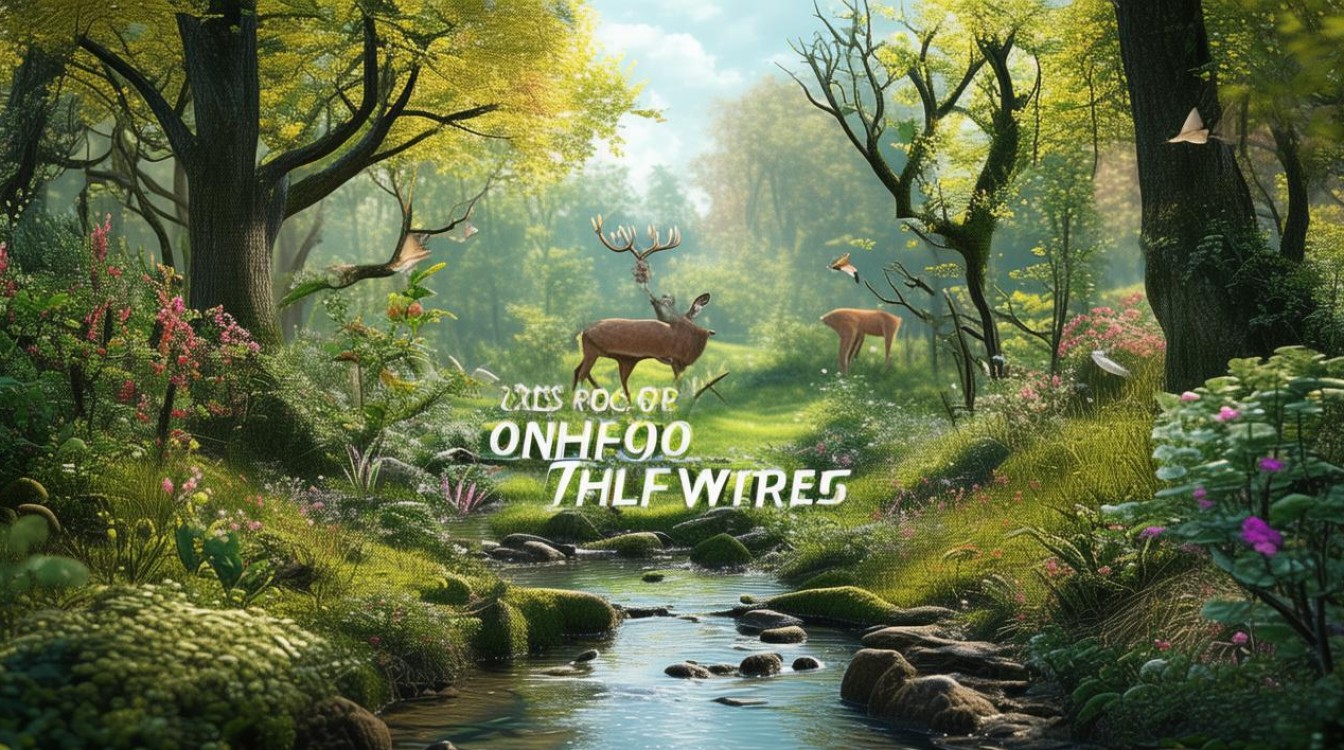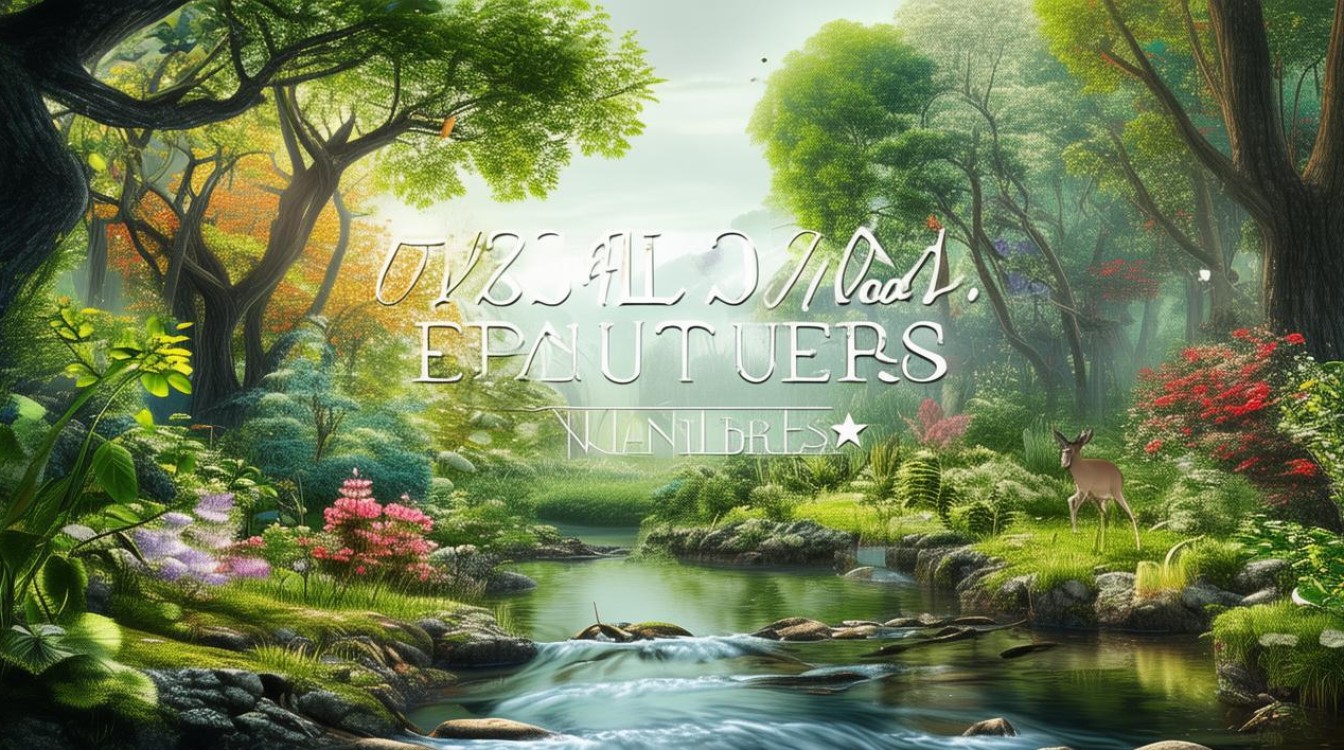Ecological balance is the delicate equilibrium that sustains life on Earth. It is the intricate web of relationships between living organisms and their environment, ensuring the survival of species, including humans. Without this balance, ecosystems collapse, leading to irreversible consequences. Understanding and preserving ecological harmony is not just a scientific concern but a moral obligation for every individual.

The Foundation of Ecological Balance
Nature operates on principles of interdependence. Plants, animals, microorganisms, and abiotic factors like water and air interact in ways that maintain stability. For instance, trees absorb carbon dioxide and release oxygen, supporting animal life. In return, animals contribute to seed dispersal and nutrient cycling. This symbiotic relationship ensures the continuity of ecosystems.
Disruptions, however, can trigger a chain reaction. Deforestation, pollution, and overhunting disturb this equilibrium. The extinction of a single species may seem insignificant, but it can destabilize entire food chains. The disappearance of bees, vital pollinators, would devastate agriculture, threatening global food security.
Human Impact on Ecological Balance
Human activities have accelerated environmental degradation. Industrialization, urbanization, and excessive resource exploitation have led to habitat destruction, climate change, and biodiversity loss. The burning of fossil fuels increases greenhouse gases, warming the planet and altering weather patterns. Plastic pollution chokes marine life, while chemical runoff poisons freshwater sources.

Yet, humans are not separate from nature; they are part of it. Ignoring ecological balance harms humanity itself. Air pollution causes respiratory diseases, while soil degradation reduces crop yields. Climate change intensifies natural disasters, displacing communities. Recognizing this interconnectedness is the first step toward sustainable living.
Steps to Restore and Maintain Balance
Preserving ecological balance requires collective effort. Governments, corporations, and individuals must collaborate to implement sustainable practices.
- Reforestation and Conservation – Planting trees restores habitats and absorbs carbon. Protecting endangered species maintains biodiversity.
- Renewable Energy Adoption – Shifting from fossil fuels to solar, wind, and hydropower reduces emissions.
- Waste Reduction – Recycling, composting, and minimizing single-use plastics prevent pollution.
- Sustainable Agriculture – Organic farming and crop rotation preserve soil health and reduce chemical use.
- Education and Awareness – Teaching younger generations about environmental stewardship fosters long-term change.
A Call for Mindful Living
Ecological balance is not an abstract concept; it is the foundation of survival. Every action, no matter how small, influences the environment. Choosing reusable bags, conserving water, or supporting eco-friendly businesses contributes to a healthier planet.

The Earth does not belong to humans alone. It is a shared home for countless species, each playing a vital role. Respecting this harmony ensures a thriving future for all. The choice is clear: either coexist responsibly with nature or face the consequences of imbalance.
Living sustainably is not a sacrifice but an investment—one that guarantees clean air, fertile land, and a stable climate for generations to come. The time to act is now.


